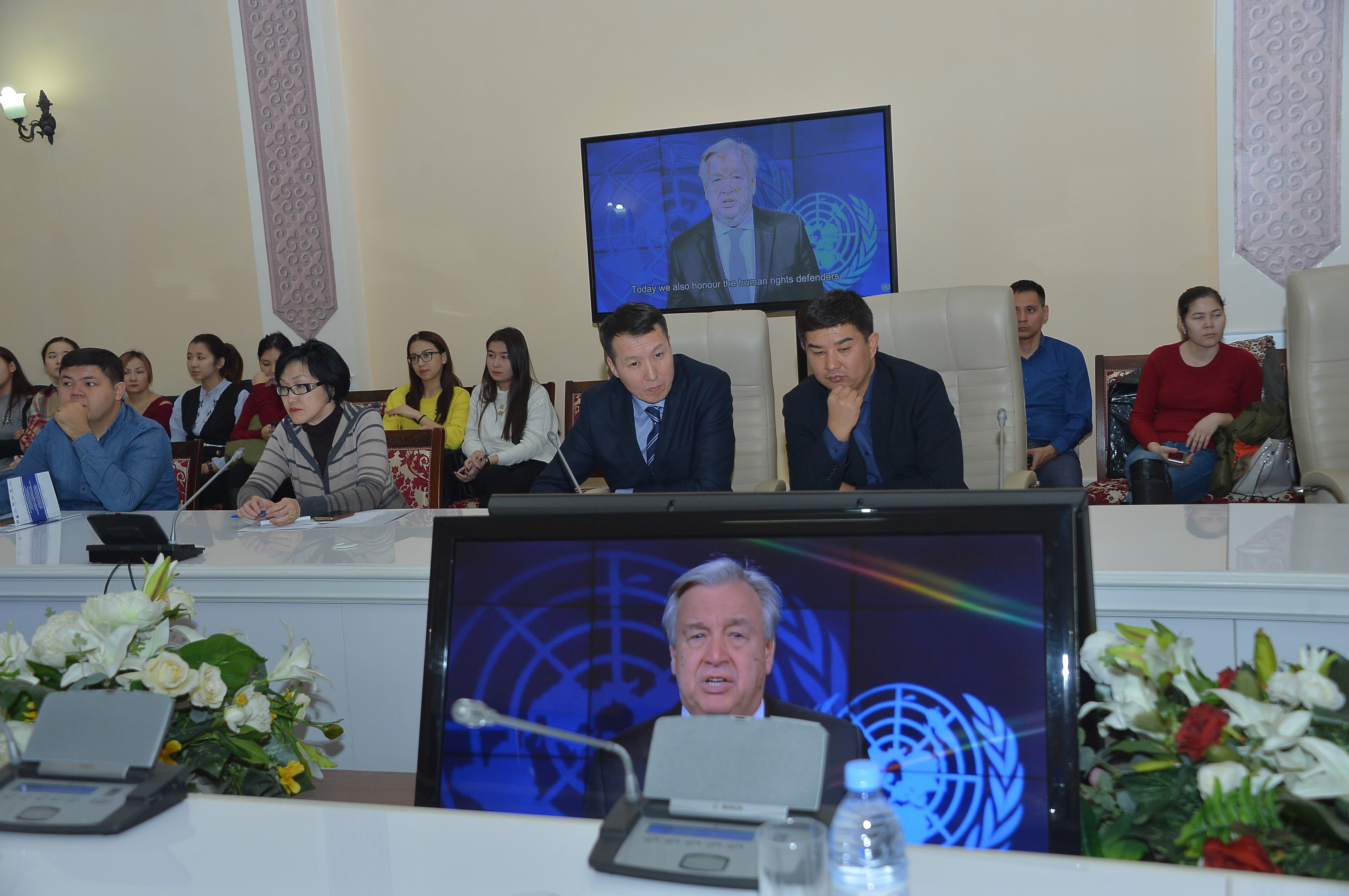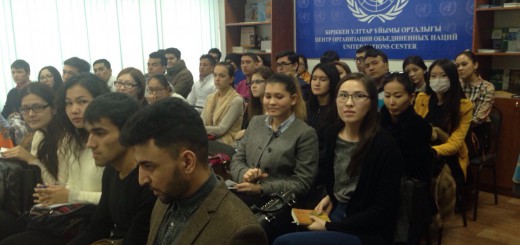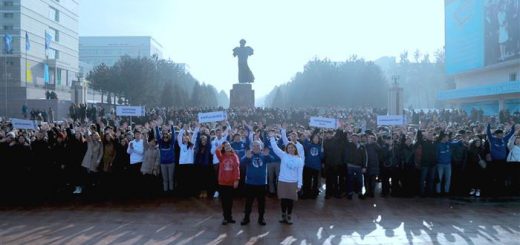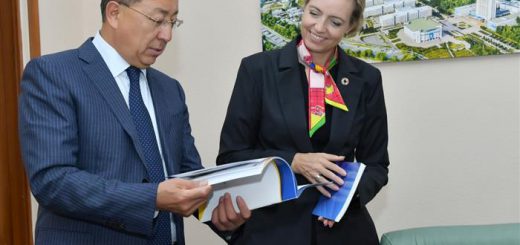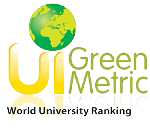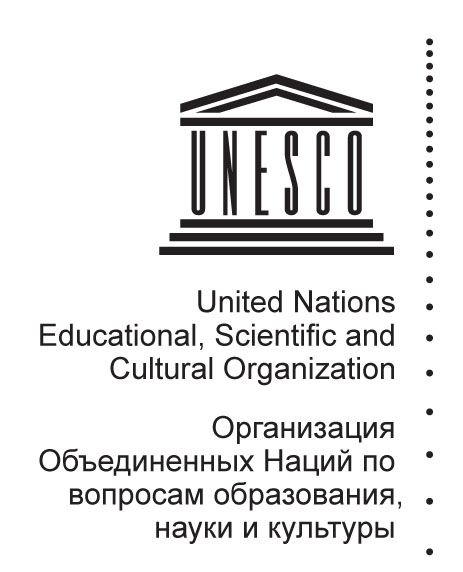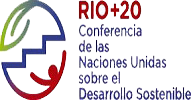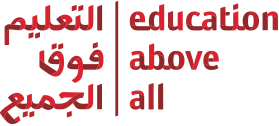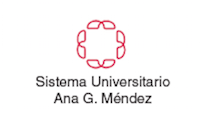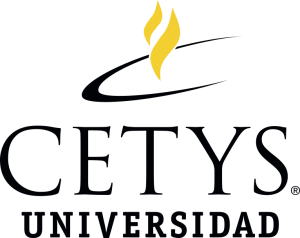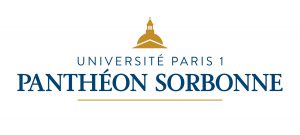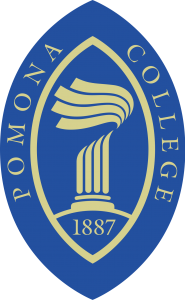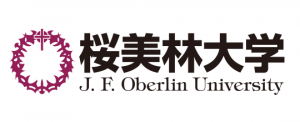Al-Farabi Kazakh national university celebrates the 70th anniversary of the UN Universal Declaration of Human Rights
On December 11, 2018 the Library of Al-Farabi Kazakh National University held a round table dedicated to the 70th anniversary of the adoption of the “UN Universal Declaration of Human Rights”. The anniversary event was organized by: UNESCO Chair, International Journalism and Media in Society; UNESCO Chair in Sustainable Development; Institute for Sustainable Development. Ban Ki-moon at KazNU, Al-Farabi.
The agenda of the round table was topical, which found expression in the interested and inspired speeches of the participants, they also appeared when discussing the problems of the UN activities on the implementation of the principles of the “UN Universal Declaration of Human Rights”. The work of the round table was simultaneously broadcast on the international communication platform G-Global and was available to listeners online. The discussion was attended by heads and representatives of Kazakh Ministry of Foreign Affairs, the UN, UNESCO, UNDP, UNAI in Almaty, young scientists, undergraduates and doctoral students of universities in Kazakhstan.
The solemn part of the round table was opened by the Vice-Rector, Director of the Institute of Sustainable Development. Ban Ki-moon, Professor Rafis Abazov. On behalf of the organizers, he congratulated all the participants on this significant date, which is celebrated today by the whole civilized world. In his report, he focused on the analysis of the activities of youth structures in Kazakhstan, such as the UN Model – New Silk Road in strengthening peace and human rights in Central and South Asia. In the report of prof. R. Abazov there were valuable thoughts about the importance of the role of the state in setting standards of culture, policy, society, as well as the universality of the values of humanity, which carry the principles of the “UN Universal Human Rights Declaration”. The scientist stressed the position of adherence and commitment of the countries of Central Asia, the UN countries, and in particular the state of Kazakhstan, to the standards of universal respect for the rights and freedom of other states and regions.
The presentation by Arina Myassoyed, specialist of the social and humanities sector of the UNESCO Cluster Office in Almaty, thanked the UNESCO Chair, International Media Journalism in Society, the UNESCO Chair in Sustainable Development, the academic staff of Al-Farabi Kazakh National University, and colleagues from the UN sector for sustainable development for their tireless attention to the problems and rights of young people. She spoke about the features of the UNESCO organization. This organization consists of five important sectors, which include: education, science, social and human sciences, culture, communication and information. And each of them requires a tremendous investment of forces and means to meet the ever-increasing challenges of our time. Human rights are not issued to declare from high tribunes, but to meet the urgent needs of the time. Vlastimil Samek, representative of the UN Department of Public Information in Kazakhstan, made a video conference. He noted the special significance of the 70 years of the existence of the “UN Universal Declaration of Human Rights”. “This is an event in itself,” he said. The Declaration is a fundamental document on how to live and coexist. All people are born worthy and equal in their rights. The human right reflects all the Sustainable Development Goals, which is further reflected in Program 2030.
Before his speech, the Head of the Representative Office of the Ministry of Foreign Affairs of Almaty, Ruslan Bultrikov, congratulated all participants on the date of the adoption of the Declaration. He recalled the events of 1948, when this important world document, the UN Universal Declaration of Human Rights, was adopted at the UN meeting. “The ideas of human rights from the “ Declaration of Human Rights ”have had revolutionary consequences over the past 70 years,” he said. The events and facts that followed its adoption inspired and promoted the adoption of more than 60 different international documents in the field of human rights. At the same time, for 70 years the Declaration has not lost its relevance and to this day this document is a universal human rights guide for the global community. It is not accidental that the Declaration has been translated into more than 500 languages and dialects of the world. Thus, it has become one of the most widely known documents in the world. Today, Kazakhstan is a party to all key international human rights instruments, which testifies our firm commitment to consistently strengthening the national human rights system. One of the backbone elements of this system is the establishment of the ombudsman and the Commission on Human Rights under the President of our country, which are the links between the institutions of civil society and the state. Also, quite recently, the Children’s Ombudsman’s Institute has been approved. The national preventive mechanism for the prevention of torture is actively gaining momentum. All this has a direct bearing on ensuring human rights. Kazakhstan actively interacts with international mechanisms to promote the protection of human rights and works closely with UN mechanisms. Last year, our country presented regular reports to the UN Committee on the Elimination of Discrimination against Women and on the Elimination of Torture. In the near future, 8-10 joint reports will be submitted to the UN Committee on the Elimination of Racial Discrimination. The second report of Kazakhstan to the UN Committee on Economic, Social, Cultural Rights is scheduled for February 2019. And in October 2019, the fifth Report of Kazakhstan on the Elimination of Discrimination against Women will be submitted to the UN Committee. The passage by Kazakhstan of the Third Cycle of the Universal Periodic Review on Human Rights scheduled for early November 2019 will be an important event of the next year. In this regard, Sir. R. Bultrikov appealed to experts, representatives of civil society and the scientific community to assist in the preparation of the National Report in the framework of the Third Cycle of the Universal Periodic Review on Human Rights. The speaker also informed the audience that Kazakhstan presented its candidature for membership in the UN Human Rights Council for 2022-2024.
In her report, the director of the UNAI Hub, prof. Ibrayeva G.ZH, expressed the idea about the continuity of the ideas of the Universal Declaration for the Program on Sustainable Development. The general message of the report was the symbolism of the woman: the woman Eleonora Roosevelt, who headed the Drafting Committee, was at the origin of the Declaration. “It was women from different countries and nations of the world who were the initiators and inspirers of this historical document. The idea of equality of all people was borrowed from the French Declaration of the Rights of Man and the Citizen. The idea of female equality has not lost its significance in our days. For the faculty of journalism, this is especially true. I remember that, back in the 1970s, mostly men and women were trained at the faculty. If you pay attention to this fact, now the main contingent of students are girls, women. And this picture is typical for many countries of the world. That is, we can talk about the long-term trend of women’s empowerment, while in journalism women are given free rights to broadcast on behalf of the people on an equal basis with men. I think that this is a great achievement of the present, in line with the historical achievements of the women. They have suffered and conquered, “- said in conclusion prof. Ibrayeva G.ZH.
Dean of the Faculty of Geography and Environmental Management of the Kazakh National University, Dr., prof. V.G. Salnikov said, “The Declaration of Human Rights” is a system-forming program. What principles are protected, and which are infringed? Here is a specific process that requires active citizenship. Today, speaking of the “Declaration of Human Rights”, we recall the Sustainable Development Goals, as they are dedicated to human rights. We need to talk about commitment to sustainable development goals. Human rights are conscious freedom. Our freedom must not infringe upon the rights of another person. The idea of love of neighbor is at the core of the idea of Sustainable Development”.
In his speech, the head of the department of UNESCO, international journalism and media in the society at KazNU, Ph.D., Professor N.T. Shyngysova noted the importance of Art. 26 of the UN Universal Declaration of Human Rights which is Education. The rights underlying the Declaration are in the Sustainable Development Goals. Our department is actively working on 4th, 15th, 16th, and 17th goals. In line with this work, seasonal PR schools (Autumn, Winter, Summer), round tables are held annually. Thus, on November 29-30, 2018, the V International Autumn School of PR was successfully held on the following topic “Media and Communication: A Strategy for Sustainable Development”. Highly qualified coaches, foreign and local journalists, well-known media persons and PR-specialists were invited. The themes and directions of the workshops were confined to the ideas for further promotion of the 4th, 16th, 17th Sustainable Development Goals. We have also developed a Gender Development Program and are currently working on the implementation of its ideas in community development. Now the department is working on the development of a program dedicated to the World Day for Premature Babies. It was established in 2009 on the initiative of the European Foundation for the Care of Newborn Children (European Foundation for the Newborn Infants, EFCNI). I want to note that the department has a desire to work in this direction, there is a strategy and potential.
Bazarbayeva T., Ph.D., Head of the UNESCO Department for Sustainable Development of Al-Farabi Kazakh National University reiterated the value of education in modern society. The speaker noted the perspectives of the goals and objectives of the young generation.
As a result, the participants once again congratulated each other on this significant date, the 70th anniversary of the adoption of the UN Universal Declaration of Human Rights, and noted that this historical document is still a strategic benchmark for the development of the whole world.
